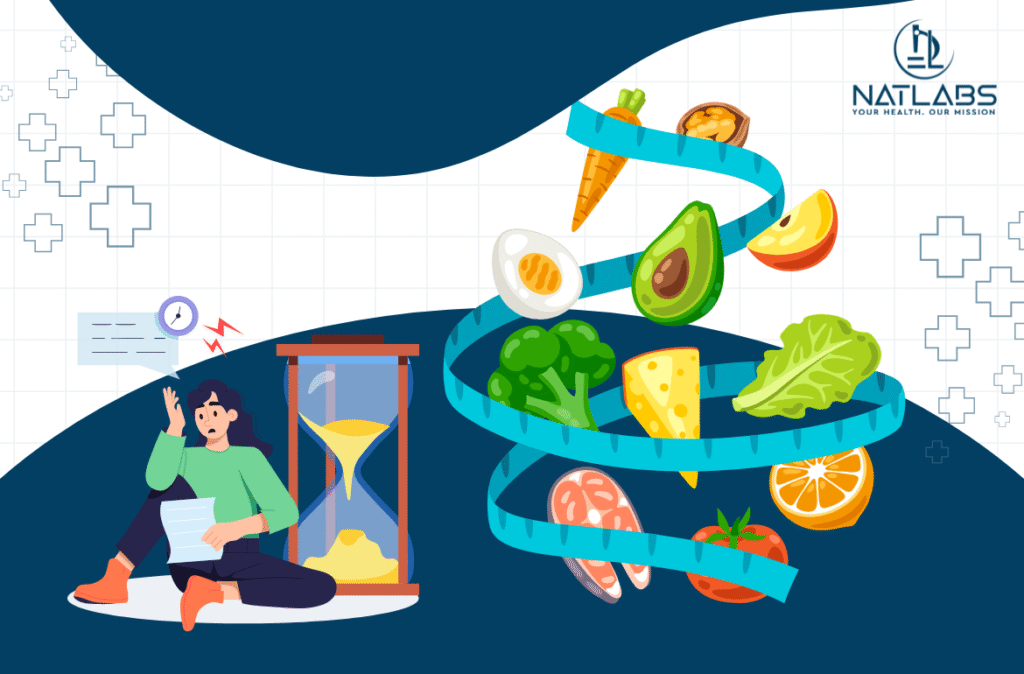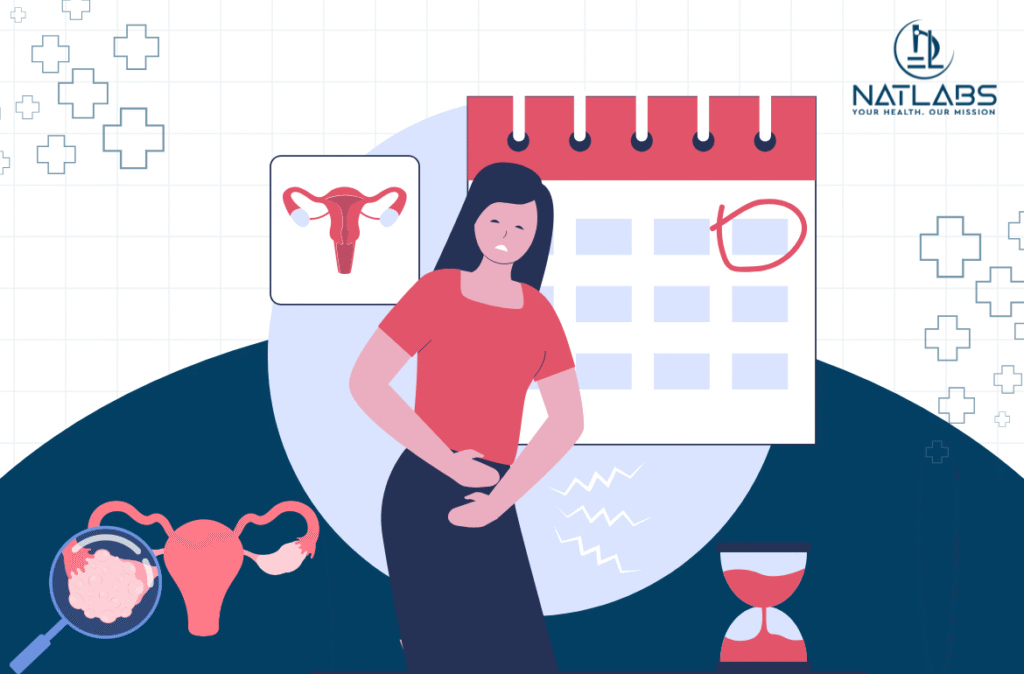Men’s Health in India: Moving Beyond the Basic Annual Check-up
The typical Indian man’s relationship with healthcare often resembles a reluctant dance, avoiding doctors until absolutely necessary, viewing health check-ups as bureaucratic requirements, or treating wellness as something that happens to other people. This approach is creating a silent health crisis among Indian men who face rising rates of cardiovascular disease, diabetes, and mental health challenges at younger ages than ever before. Why Men’s Health Demands Special Attention Indian men face unique health risks that traditional annual check-ups often miss entirely. Biological factors, occupational hazards, dietary patterns, and cultural attitudes about masculinity create a perfect storm of health challenges. Recent studies indicate that urban Indian men are experiencing high blood pressure, obesity, fertility issues, and certain cancers earlier in life, yet many delay seeking medical attention until symptoms become severe. The expectation to be stoic providers creates additional barriers. Many men view health concerns as weakness, leading to delayed diagnosis and poorer outcomes for conditions that could be easily managed with early intervention. The Limitations of Standard Health Packages Most routine check-ups focus on basic parameters: blood pressure readings, random blood sugar tests, cholesterol levels, and standard liver and kidney function markers. Whilst these tests provide useful baseline information, they create false security and miss critical early warning signs. This one-size-fits-all approach fails to account for individual risk factors, family history, or lifestyle patterns. For Indian men over 35, or those with genetic predispositions to chronic diseases, this basic approach proves inadequate for meaningful health assessment. Comprehensive Men’s Health: What Really Matters Advanced Cardiovascular Assessment Heart disease remains the leading killer of Indian men, often striking without obvious warning signs. Comprehensive cardiac evaluation should include detailed lipid profiles, inflammatory markers, insulin resistance testing, and assessment for conditions like sleep apnoea. Many heart attacks occur despite “normal” basic cholesterol tests because standard screenings miss crucial risk factors. Hormonal Health and Vitality Testosterone deficiency affects a significant percentage of urban Indian men over 40, manifesting as persistent fatigue, reduced libido, weight gain, and mood changes often dismissed as “normal ageing.” Comprehensive hormonal assessment can identify treatable conditions that dramatically impact quality of life. For couples facing fertility challenges, male factor evaluation proves essential. Contrary to traditional beliefs, male fertility issues contribute to conception difficulties in nearly half of cases, yet men’s reproductive health remains largely unaddressed. Prostate and Urological Wellness Men over 45, or those experiencing urinary symptoms, benefit significantly from prostate-specific antigen (PSA) screening and urological evaluation. Early detection enables timely intervention and better outcomes as prostate conditions affect younger Indian men more frequently. Mental Health Recognition The silence surrounding men’s mental health in India creates dangerous blind spots in healthcare. Depression, anxiety, and substance use disorders often go unrecognised because they conflict with cultural expectations of masculine stoicism. Integrating mental health screening helps identify these conditions before they severely impact life. Cancer Screening Strategies Indian men face specific cancer risks requiring targeted approaches. Tobacco use increases oral and lung cancer risks, whilst family history may necessitate colorectal cancer screening. Occupational exposures may require additional surveillance for specific cancer types. Metabolic and Nutritional Assessment Diabetes and metabolic syndrome affect Indian men at disproportionately high rates, often developing years before obvious symptoms appear. Advanced testing for insulin resistance, comprehensive nutritional assessment including vitamin D status, and bone health evaluation provide crucial preventive information. Breaking Cultural Barriers Traditional masculine ideals discourage health-seeking behaviour, creating significant obstacles to preventive care. The expectation to “power through” problems without complaint, combined with limited awareness about preventive health benefits, results in delayed diagnosis. Changing these patterns requires cultural shifts that normalise health discussions among men, families, and communities. Healthcare providers must create environments where men feel comfortable discussing sensitive topics without judgment. Economic and Accessibility Challenges Cost concerns and limited healthcare infrastructure create additional barriers to comprehensive care. However, the long-term economic benefits of preventive care—avoiding expensive treatments for advanced diseases—far outweigh initial screening costs. Innovative approaches, including telemedicine consultations and comprehensive health packages, are making quality care more accessible across different economic and geographic contexts. The Modern Approach to Men’s Wellness Contemporary men’s health emphasises personalised, age-appropriate screening based on individual risk factors and lifestyle patterns. This approach integrates physical health assessment with mental wellness evaluation, lifestyle counselling, and ongoing monitoring rather than annual snapshots. Digital health tools enable continuous health tracking, making prevention an ongoing process rather than a yearly obligation. This shift from reactive to proactive care represents a fundamental change in how men approach wellbeing. Creating Sustainable Health Habits Effective men’s health programmes recognise that sustainable change requires addressing underlying attitudes and behaviours. Education about risk factors, stress management techniques, and realistic lifestyle modifications proves more valuable than complex medical interventions for many conditions. Looking Forward The future of men’s health in India requires moving beyond basic annual check-ups toward comprehensive, individualised care addressing the full spectrum of health challenges facing modern Indian men. This includes recognising that optimal health encompasses physical, mental, and social wellbeing. By embracing preventive care, breaking down cultural barriers, and utilising comprehensive diagnostic capabilities, Indian men can take control of their health destiny.





